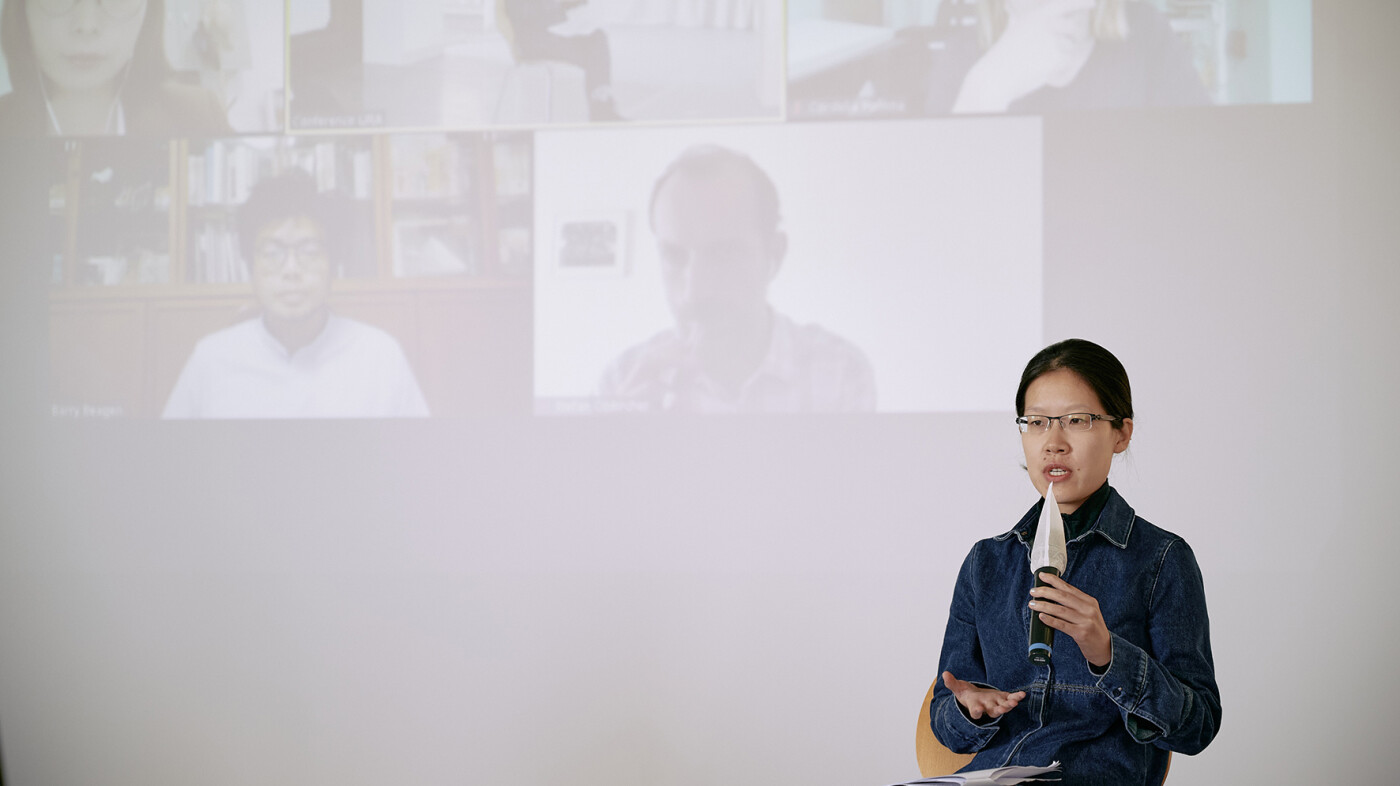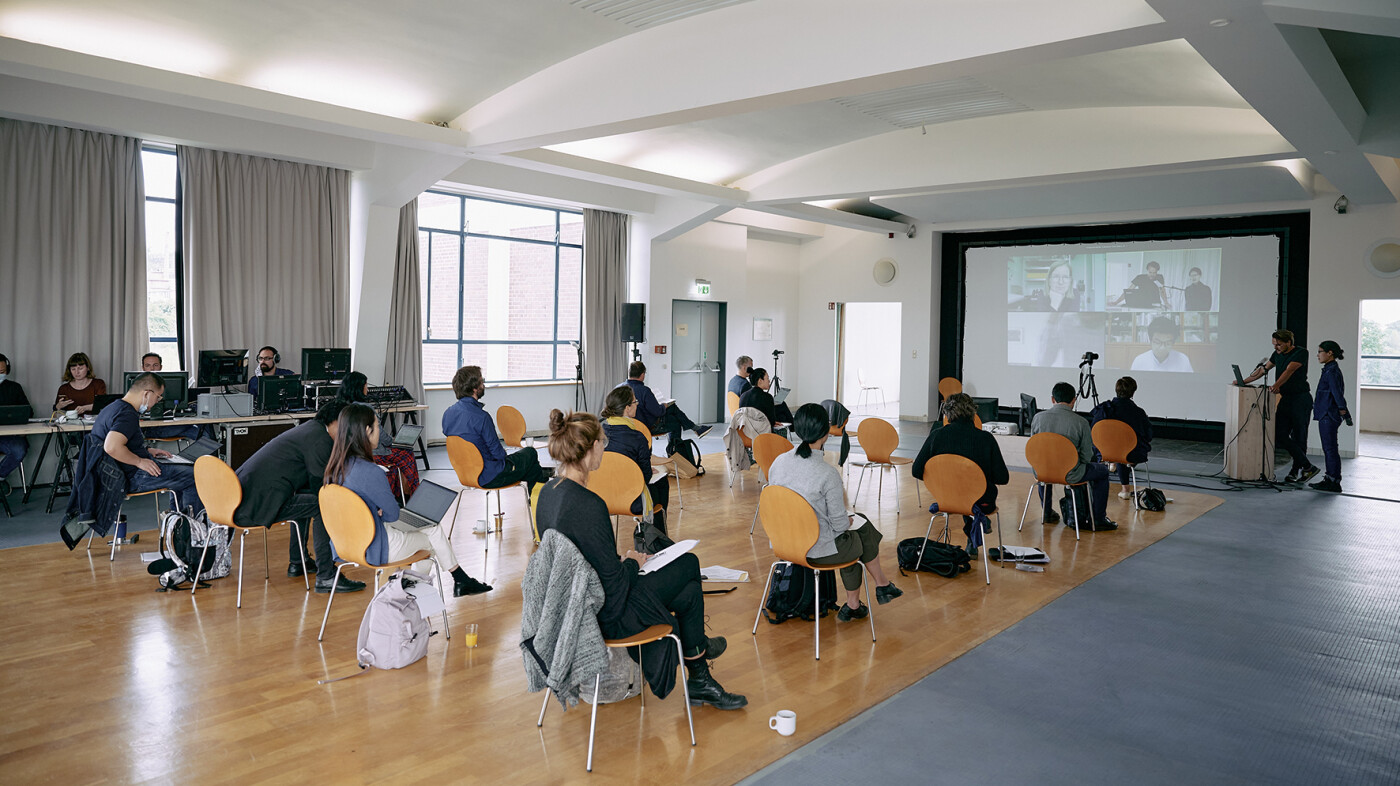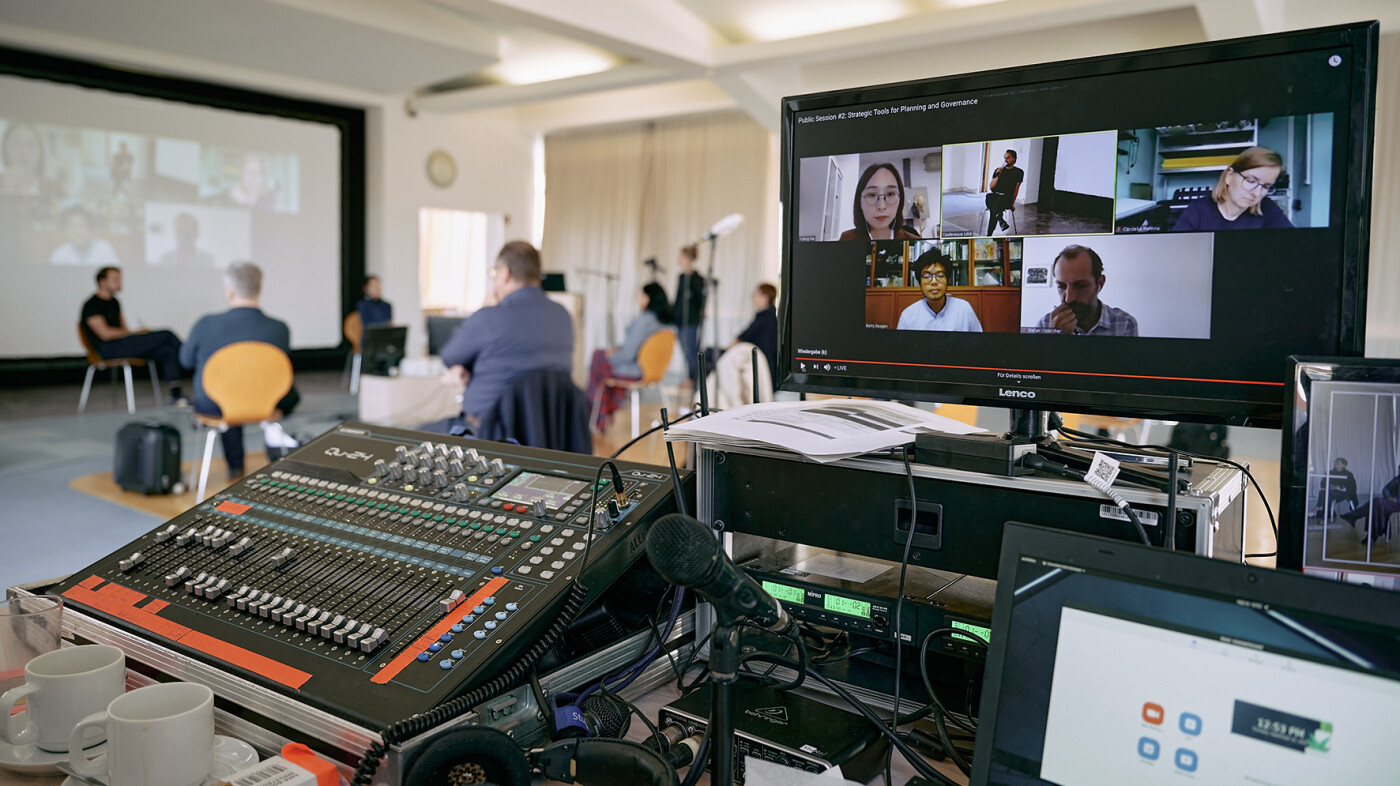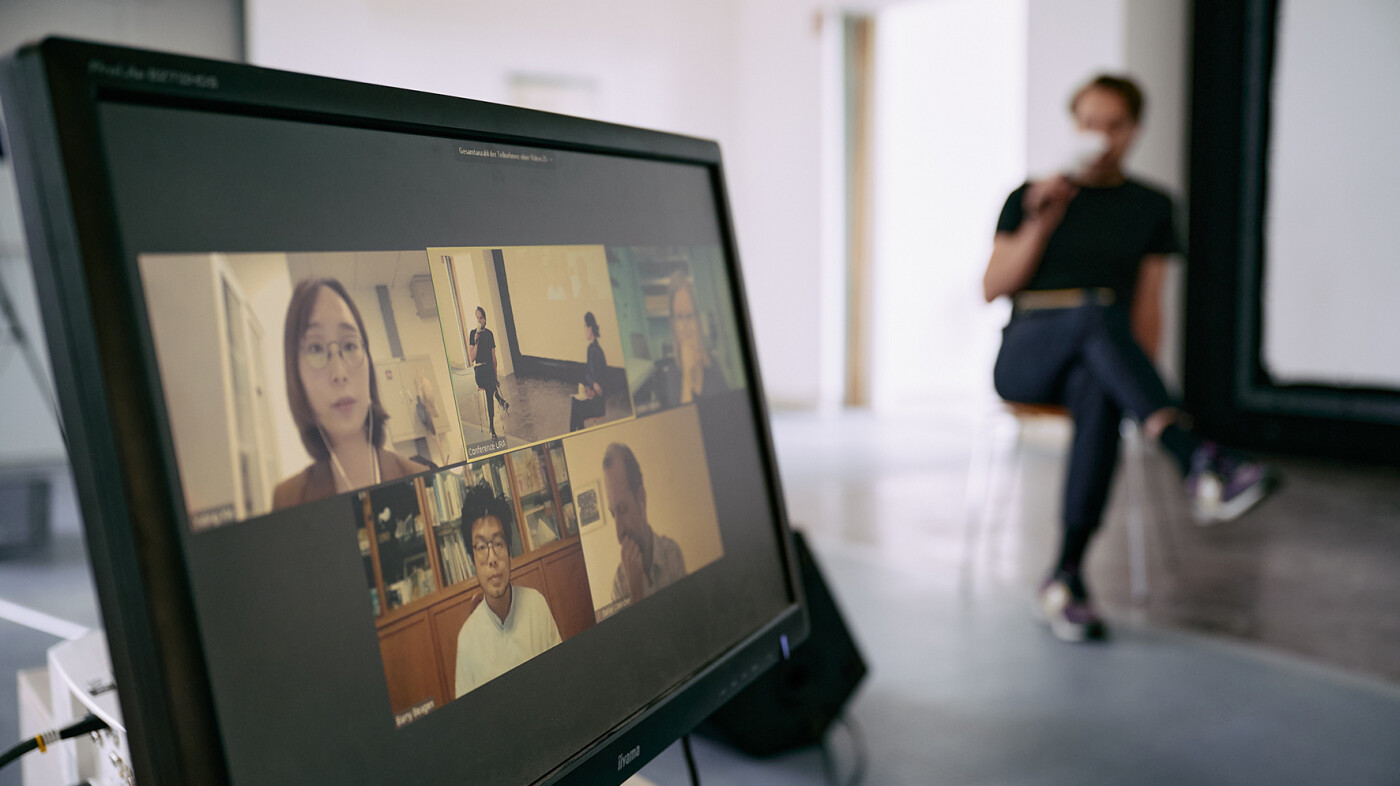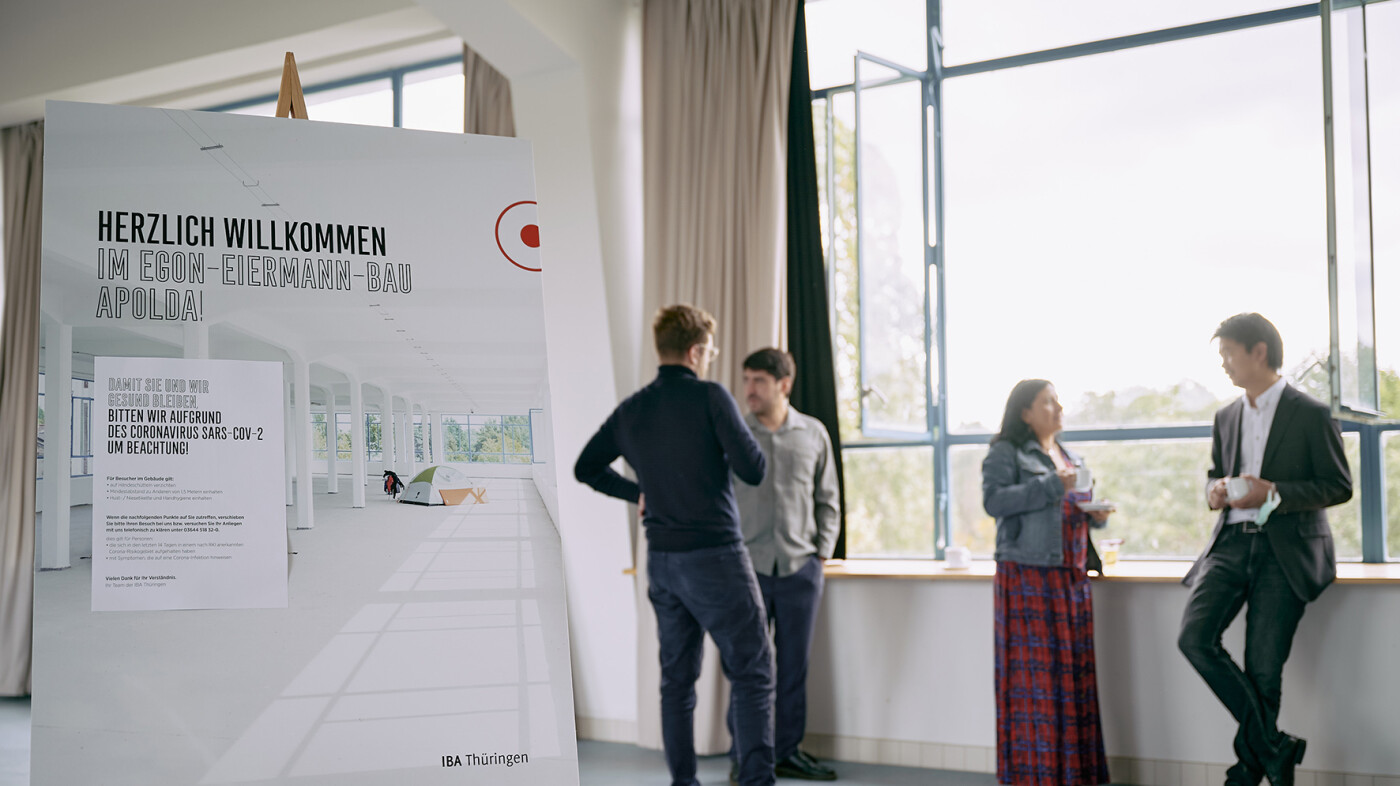Integrated Urban-Rural Planning and Governance: A Global Perspective
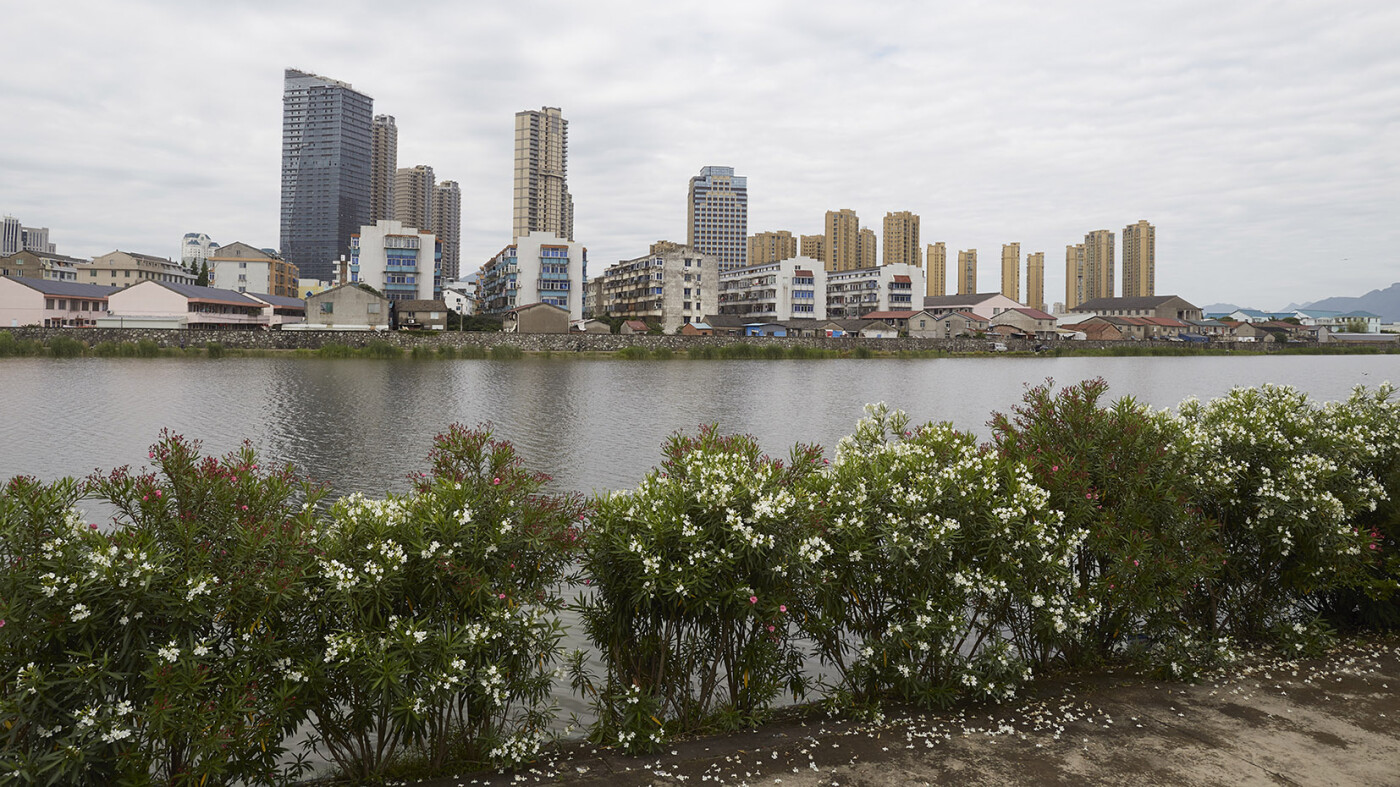
In China and many other countries worldwide, rapid urbanisation processes have produced unevenly developed landscapes consisting of urban growth centres along infrastructural corridors and disadvantaged (formerly rural) hinterlands. Emerging socio-spatial polarisations — marked by demographic, socio-cultural, economic, and environmental disparities — become most strikingly visible at the urban-rural interface. Furthermore, dysfunctional urban-rural linkages have increasingly been recognised as one of the primary obstacles to a more future-oriented and sustainable urbanisation model.
A first step towards addressing such challenges should be the acknowledgement of trans-local and multi-dimensional conditions of urban-rural regions and the metabolic relationships of natural resource flows, ecosystemic infrastructures, and multi-directional mobilities. These emerging and complex urban-rural constellations require new analytical models, integrated planning approaches, and policy frameworks that can assist in reading, revealing, and steering inherent urban-rural potentials and challenges. This should include relevant actors, institutions and processes operating across administrative and sectoral boundaries.
The first international conference within the framework of the Sino-German research and development project ‘Urban-Rural Assembly (URA)’ took this as a starting point towards a global exploration of the political, ecological and social relevance of integrated approaches in urban-rural planning and governance. The conference brought together international researchers, practitioners, city and regional representatives, policymakers, and global networks (such as ICLEI - Local Governments for Sustainability and UN-Habitat) to discuss diverse cases from China, Europe, Africa, and Latin America. This two-day conference revealed current developmental challenges, new experimental approaches towards integrated urban-rural development, and the possibility of knowledge transfer and transnational learning.
Day 1 - September 23, 2020
13:00 - 15:30 (BER) / 19:00 - 21:30 (CHN)
PUBLIC SESSION #1: INTEGRATED URBAN-RURAL DEVELOPMENT: GLOBAL CHALLENGES AND OPPORTUNITIES
with Remy Sietchiping (UN-Habitat), Angela Penagos (RIMISO Colombia), Min Zhao (Tongji Shanghai), Martina Döhler-Behzadi (IBA Thuringia)
RECORDED LIVESTREAM PUBLIC SESSION #1 - CLICK HERE
Day 2 - September 24, 2020
11:00 - 13:00 (BER) / 17:00 - 19:00 (CHN)
PUBLIC SESSION #2: STRATEGIC TOOLS FOR INTEGRATED PLANNING AND GOVERNANCE
with Yuting Xie (Zhejiang University Hangzhou), Stefan Obkircher (State Government Vorarlberg), Cordelia Polinna (Urban Catalyst Berlin), Barry Beagan (Kota Kita Surakarta)
RECORDED LIVESTREAM PUBLIC SESSION #2 - CLICK HERE
14:00 - 16:00 (GER) / 20:00 - 22:00 (CHN)
PUBLIC SESSION #3: (TRANS-)LOCAL INTERVENTIONS AND TECHNIQUES
with Christian Werthmann (Universität Hannover), Bianca Elzenbaumer (EURAC Bozen / Brave New Alps), Martina Döhler-Behzadi (IBA Thuringia), Guiqing Yang (Tongji Shanghai)
RECORDED LIVESTREAM PUBLIC SESSION #3 - CLICK HERE
The detailed conference programme can be downloaded here.
The two-day digital conference has been organised by the URA research consortium led by Habitat Unit at TU Berlin and CAUP at Tongji University Shanghai, and will be hosted by ANCB The Aedes Metropolitan Laboratory, Berlin (September 23) and IBA Thuringia (September 24). The conference marks the kick-off of a series of conferences co-hosted with UN-Habitat, which aim to promote a global urban-rural guiding framework for further research and action. URA is funded by the German Federal Ministry of Education and Research (BMBF) as part of the programme Sustainable Development of Urban Regions (NUR).
